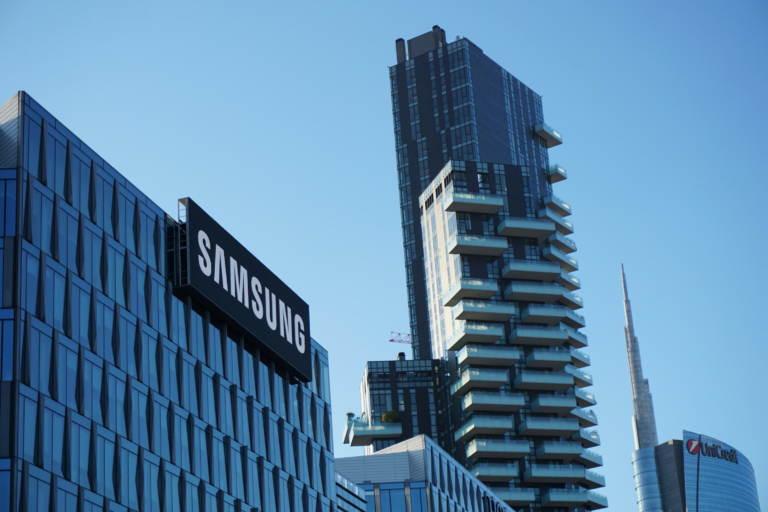The long-anticipated battle between the Premier League and Manchester City-one of the most high-profile and contentious battles in modern football-is finally due to get underway. No small dispute, this is a monumental one: England’s top flight football league pitted against one of its most successful and dominant clubs.

Manchester City, which won a record four successive Premier League titles through the 2023-24 season, are accused of 115 breaches including breaking the financial rules of the league. These will be heard at an independent hearing starting Monday at a private location, barring any last-minute legal delays. Described as the “trial of the century” for sport in many media reports, the hearing is expected to last 10 weeks, with any verdict likely to come in early 2025.
The case involves a long, intricate legal battle between one of the world’s best football clubs and the league that has been dominated by this club for more than a decade. This decision may have serious consequences both for Manchester City and for the Premier League, and therefore it will shape the future of football in England.
The charges are unprecedented, given that they span some 14 seasons of allegations among them several that the club provided false financial information, which is a breach of the rules of the Premier League. Manchester City denied all charges but, with the trial looming, speculation is at fever pitch across the footballing world on what the sentence might be.
If Manchester City are found guilty of the most serious accusations, they could face severe punishment, including a potential points deduction. This could be large enough to either relegate the team or, in the worst possible scenario, see them booted out of the Premier League. Were that the case, it would put a cloud over the achievements of the club and, for certain, there would be no stability for either the manager or the players. Apart from that, some other clubs will be filing compensation claims, and the ownership of City will severely suffer a reputational blow.
Besides football, the repercussions of such a sentence might spill over to international relations. Ownership of Manchester City includes Sheikh Mansour, who is a member of Abu Dhabi’s ruling family. The UK’s relations with the UAE, a fundamental trading partner, may also be put under pressure in light of the scandal.
On the other hand, severe questions about the way the Premier League pursued the case will be raised in case the club emerges not guilty. Already, too many question marks hang over the financial rules of the league; the league’s credibility might suffer in case Manchester City comes out clean. Whatever the verdict may read, this trial promises to have much wider consequences for the sport.
A Six-Year Saga Nears Its Climax
This is a case of unarguable magnitude. The case has become symbolic of the growing schism within football as the Premier League struggles to assert its authority against the financial minefield. Speaking with the BBC, the Chief Executive of the Premier League, Richard Masters underlined that the case was now time for resolution after years of speculation and investigation.
Controversy has surrounded Manchester City for years. In 2014 UEFA fined the club millions of pounds after it was ruled to have broken its FFP rules. And just this year it received a ban from European competition. Yet the questions about how Manchester City pays its stars would not go away.
The origins of the trial date back to 2018, when the German magazine Der Spiegel published a number of leaked documents from the website Football Leaks, which they claimed proved Manchester City had inflated its sponsorship deals to meet UEFA’s FFP requirements. These leaks-according to Portuguese hacker Rui Pinto-were only the tip of the iceberg in a string of explosive disclosures.
Pinto is currently in witness protection and claims to possess millions of documents pertinent to the case at hand. He’s a lightning-rod figure: While Pinto considers himself a whistleblower, he has been convicted of several counts pertaining to his hacking, including attempted extortion. But his lawyer has corroborated that he still holds crucial information, which means he remains highly relevant to this case.
Documents obtained by Der Spiegel reveal how Manchester City had artificially inflated its sponsorship revenues by cycling money from their owner, Sheikh Mansour’s Abu Dhabi United Group, through state-owned companies such as Etihad and Etisalat. These financial manipulations presumably allowed the club to meet FFP and the Premier League’s Profit and Sustainability Rules, limiting clubs’ losses for the purpose of ensuring their sustainability.
To these, Manchester City has been defiant, arguing that the mails were accessed illegally and sought to trash them as a smear campaign against its reputation. Both UEFA and the Premier League have launched investigations over time into the club’s financial dealings.
In 2020, CAS overturned a ban imposed on City by UEFA, citing a lack of conclusive evidence. But the CAS went on to criticize the club for failing to cooperate fully with the investigation and slapped it with a fine, albeit a reduced one. That decision seemed to signal the closing of one chapter, but as long as the Premier League investigation was ongoing, the story was far from over.
After six years of scrutiny, a further 20 months on from formal charges, and with tens of millions of pounds already spent on legal fees, the world will now witness the outcome of this monumental case.
The trial’s fallout cuts across football, into the way financial rules will be policed, and might even affect how the game eventually pans out. For sure, whichever way the verdict may go, this case can never be devoid of its stain on the annals of English football.








